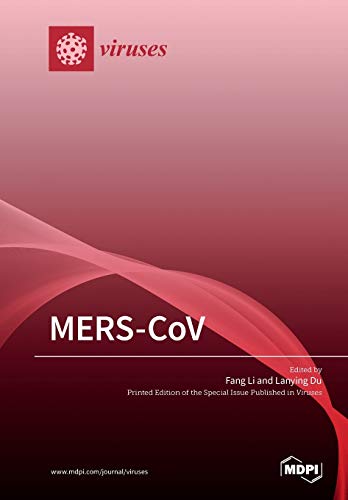

Most ebook files are in PDF format, so you can easily read them using various software such as Foxit Reader or directly on the Google Chrome browser.
Some ebook files are released by publishers in other formats such as .awz, .mobi, .epub, .fb2, etc. You may need to install specific software to read these formats on mobile/PC, such as Calibre.
Please read the tutorial at this link: https://ebookbell.com/faq
We offer FREE conversion to the popular formats you request; however, this may take some time. Therefore, right after payment, please email us, and we will try to provide the service as quickly as possible.
For some exceptional file formats or broken links (if any), please refrain from opening any disputes. Instead, email us first, and we will try to assist within a maximum of 6 hours.
EbookBell Team

4.8
14 reviewsMiddle East respiratory syndrome coronavirus (MERS-CoV) is an emerging zoonotic coronavirus. First identified in 2012, MERS-CoV has caused over 2460 infections and a fatality rate of about 35% in humans. Similar to severe acute respiratory syndrome coronavirus (SARS-CoV), MERS-CoV likely originated from bats; however, different from SARS-CoV, which potentially utilized palm civets as its intermediate hosts, MERS-CoV likely transmits to humans through dromedary camels. Animal models, such as humanized mice and nonhuman primates, have been developed for studying MERS-CoV infection. Currently, there are no vaccines and therapeutics approved for the prevention and treatment of MERS-CoV infection, although a number of them have been developed preclinically or tested clinically. This book covers one editorial and 16 articles (including seven review articles and nine original research papers) written by researchers working in the field of MERS-CoV. It describes the following three main aspects: (1) MERS-CoV epidemiology, transmission, and pathogenesis; (2) current progress on MERS-CoV animal models, vaccines, and therapeutics; and (3) challenges and future prospects for MERS-CoV research. Overall, this book will help researchers in the MERS-CoV field to further advance their work on the virus. It also has important implications for other coronaviruses as well as viruses outside the coronavirus family with pandemic potentials.